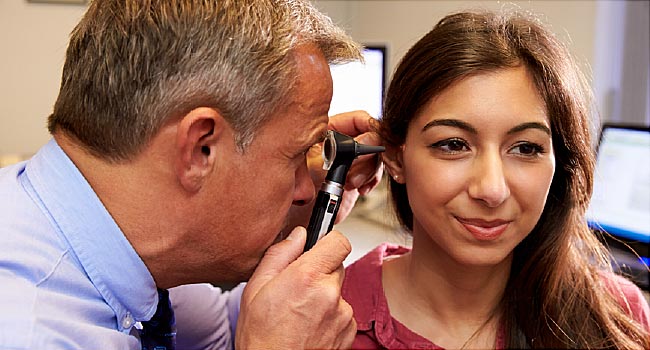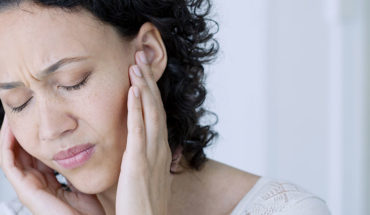Tinnitus is commonly being characterized in the ears as a ticking, but it can also sound like clicking, hissing, roaring, or buzzing. Tinnitus includes a sense of vibration while there is no ambient stimulus. The sound may be very quiet or harsh, either high or low pitched. Many may perceive it in one ear, and some regard it in both. Those with severe tinnitus may have a vision, functioning, or sleeping issues. Tinnitus is not an illness – it is a sign. It is a warning that the heating system is off, which involves the ear, the hearing nerve that links the inner ear to the brain, and the areas of the brain that perceive sound. Various factors occur and can induce tinnitus. The noise-induced hearing loss is one of the most severe.
Tinnitus seems to have no cure. It may, therefore, be transient or permanent, mild or extreme, incremental, or instantaneous. The purpose of the therapy is to help you control the sound sensitivity in your brain. There are several therapies available that may help to reduce the tinnitus’ perceived severity and its omnipresence. Tinnitus treatments can not suppress the perceived pain. However, they can enhance the quality of your existence.
- Hearing aids: Tinnitus occurs mainly as a result of hearing impairment. When you neglect vision, the way the brain detects sound frequencies undergoes modifications. A hearing aid is a portable electrical system that utilizes a microphone, amplifier, and speaker to improve ambient noise output. This will mollify neuroplasty improvements in the capacity of the brain to process speech.
- Sound-masking systems: Sound-masking systems produce a friendly or soothing background noise that partly drowns out the tinnitus’ internal echo. A portable sound filter is the standard sound-masking system, but there are often tiny technological gadgets that work in the ear. Such instruments may play white noise, pink noise, noise from nature, songs, or other sounds from the world.

- Modified or personalized sound machines: Traditional masking systems help mask the tinnitus sound when you are using it, although they do not have long term results. Current medical-grade systems use personalized noises precisely adapted to the tinnitus. Such instruments are only used intermittently, unlike standard hearing machines.
- Favorable treatment of tinnitus: Positive treatment of tinnitus (PTM) is a rehabilitation method provided by various countries across the globe. Tinnitus is one of the most prevalent conditions found among military forces personnel. The noisy fighting (and training) sounds also result in noise-induced loss of hearing.
- Regular exercise: Exercising contributes significantly to your overall well-being. Tinnitus can get caused by tension, fatigue, fear, lack of sleep, and sickness. A daily workout can aid you in improving stress control, sleep well, and remain healthy.
Conclusion
Tinnitus seldom constitutes a symptom of a severe medical problem. When you are unable to sleep, operate or work, or hear regularly, speak to your primary care provider. Accessible & Affordable tinnitus treatment designed by a specialist doctor is available in certain countries. Your doctor would typically test your ears and eventually recommend you to an audiologist and otolaryngologist. Nonetheless, you can head to the nearest emergency room if you notice facial stiffness, total hearing impairment, foul-smelling discharge, or a pulsating rhythm in conjunction with your pulse. In some patients, tinnitus may be particularly distressing. If you are talking about suicide or someone you love, you can head to the emergency department right away.




